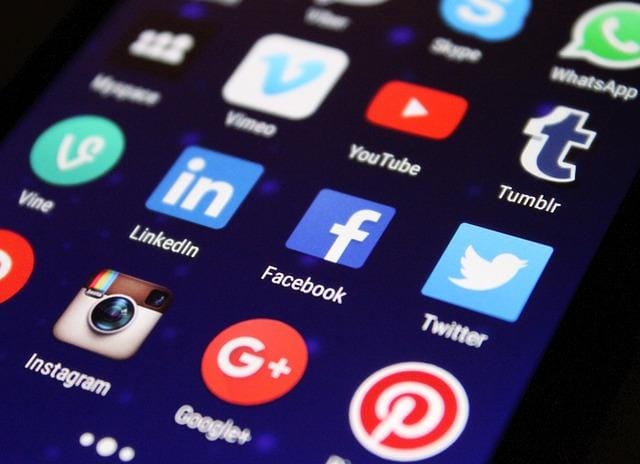
How does cyberbullying on social media impact mental health?
The Impact of Social Media on Mental Health and Body Image
In the digital age, social media has become an integral part of our daily lives, influencing various aspects of our well-being. This article delves into the profound impact of social media on mental health and body image, providing insights, real-world examples, and practical tips to navigate this complex terrain effectively.
The Double-Edged Sword of Social Media
Social media platforms like Instagram, Facebook, and TikTok offer numerous benefits, including the ability to connect with friends and family, share experiences, and access a wealth of information. However, these platforms also pose significant risks to mental health and body image, especially among young adults and teenagers.
Benefits of Social Media
- Connectivity: Easily stay in touch with friends and family worldwide.
- Information Sharing: Access to valuable health, educational, and social information.
- Community Building: Find like-minded individuals and support networks.
Risks of Social Media
- Comparison Culture: Constant comparison to idealized, edited images.
- Cyberbullying: Increased risk of online harassment and bullying.
- Validation Dependency: Reliance on likes, comments, and shares for self-worth.
Impact on Mental Health
Studies show that the excessive use of social media is linked to increased anxiety, depression, and feelings of loneliness. The curated, often unrealistic depictions of life on these platforms can create a distorted sense of reality and self-worth.
Case Studies and Research
| Study | Findings |
|---|---|
| University of Pennsylvania | Reduced social media usage significantly lowered levels of anxiety and depression in participants. |
| Royal Society for Public Health | Social media platforms, especially Instagram, are linked to negative body image and sleep issues. |
Impact on Body Image
Exposure to idealized body types and heavily edited photos on social media can lead to body dissatisfaction and unhealthy behaviors. This is particularly concerning for young girls and boys during their formative years.
First-Hand Experiences
Consider Jane, a 16-year-old high school student, who started feeling inadequate after constantly viewing images of thin, flawless models on Instagram. Despite being healthy, Jane felt pressured to change her appearance, leading to restrictive dieting and increased stress.
Practical Tips for Positive Engagement
Despite the challenges, there are ways to use social media positively and protect mental health and body image:
- Limit Screen Time: Set boundaries to reduce excessive use.
- Follow Positive Accounts: Engage with accounts that promote body positivity and mental wellness.
- Prioritize Real-Life Connections: Ensure offline interactions take precedence over online ones.
- Practice Digital Detox: Regularly take breaks from social media to recharge.
Conclusion
The impact of social media on mental health and body image is undeniable, with both benefits and risks. By being mindful of our social media habits and implementing strategies for positive engagement, we can harness the advantages of these platforms while mitigating their adverse effects. Remember, the key is to find a healthy balance that supports well-being rather than undermining it.